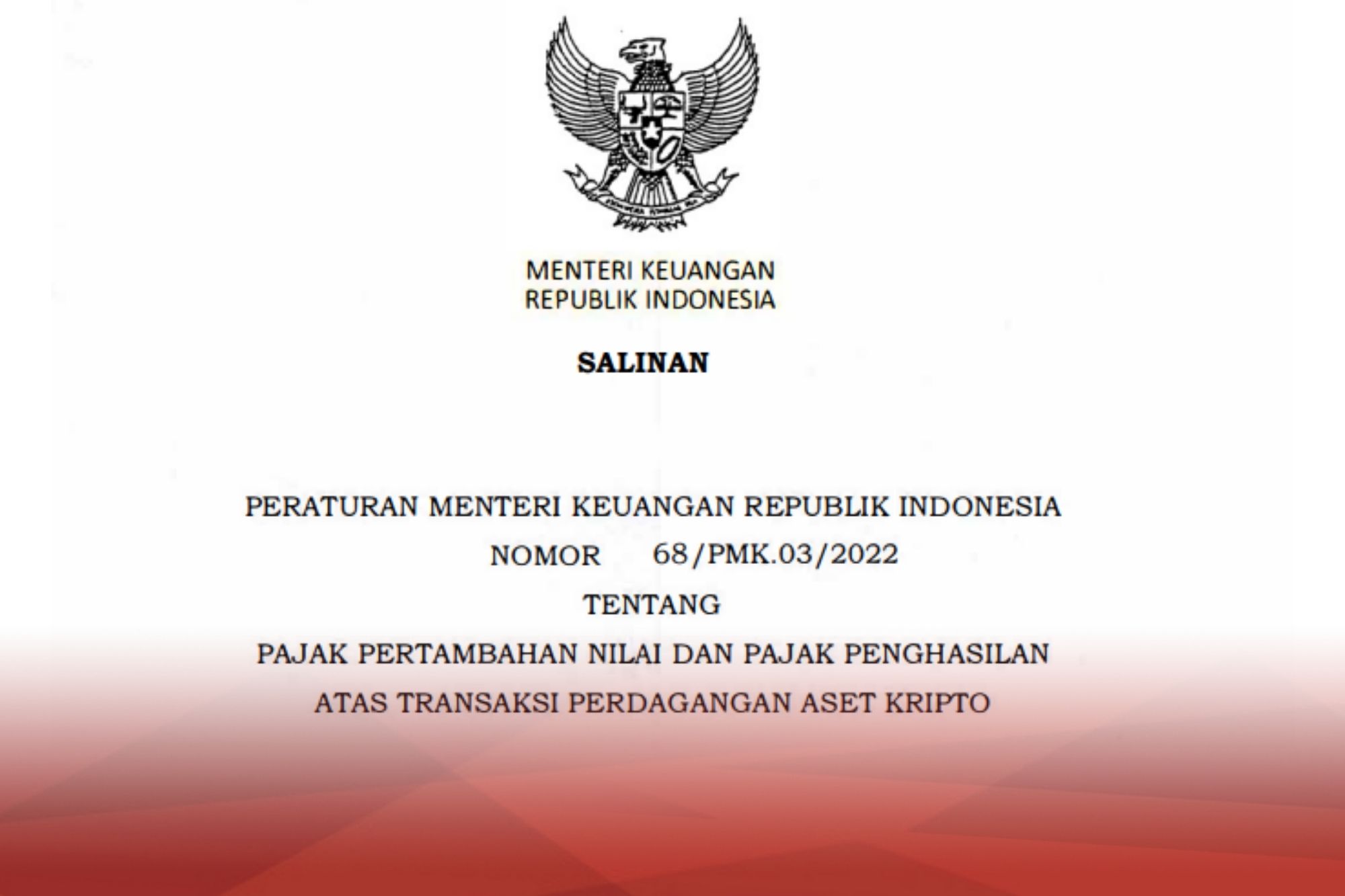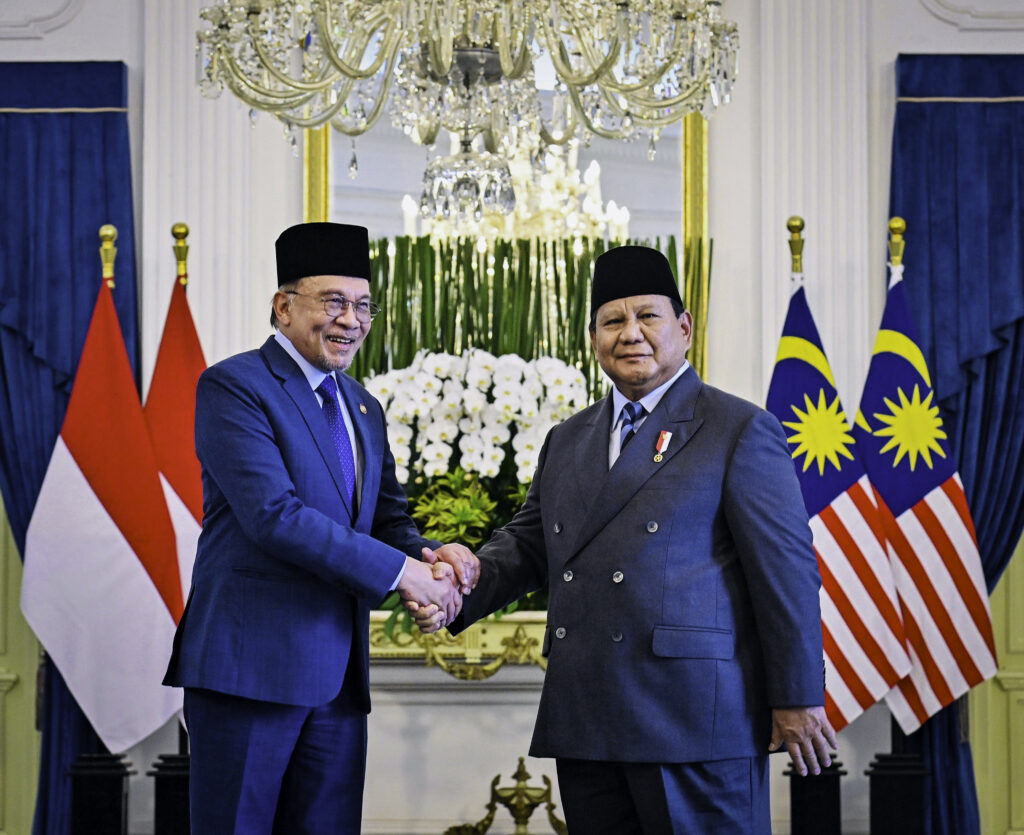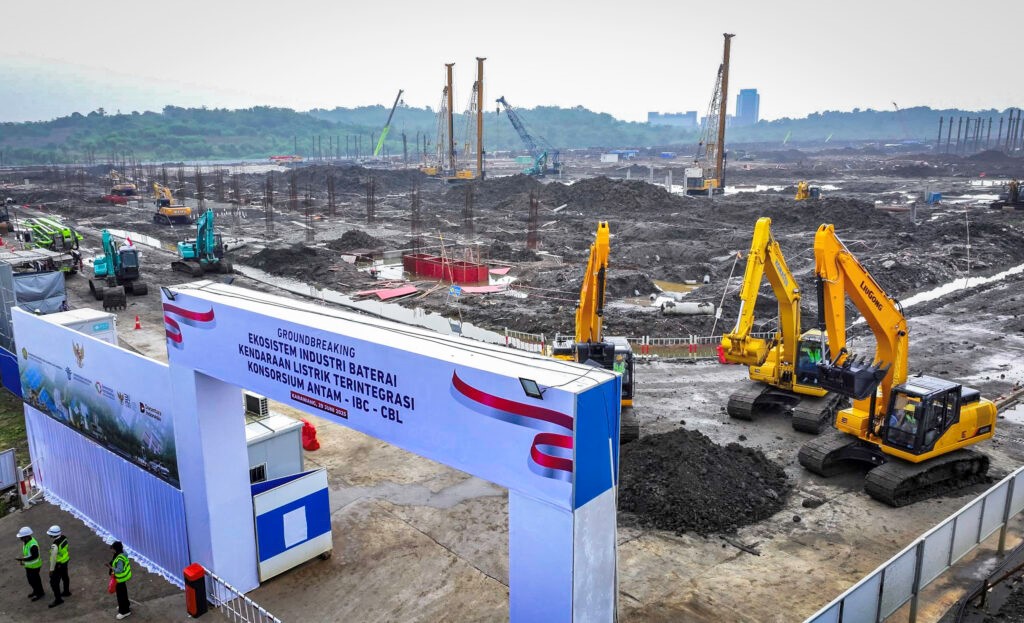Gov’t Issues 14 Derivative Regulations of Law on Tax Regulation Harmonization

The Government through Ministry of Finance has issued fourteen derivative regulations in the form of Regulations of Minister of Finance (PMK) to implement the provisions stipulated in Law Number 7 of 2021 on Tax Regulation Harmonization (UU HPP).
In the issuance of the Regulations, the Government has set out to formulate a balanced policy to support national economy recovery.
The issuance of the Regulations is expected to ease taxpayers to understand and implement the mandate related to the policy stated in UU HPP.
“We hope that taxpayers can fulfill their responsibility on taxation according to the provisions stipulated in UU HPP and its derivative regulations,” said Director of Counseling, Services, and Public Relations, Directorate General of Taxation of Ministry of Finance Neilmaldrin Noor, as quoted from the Ministry’s official website, on Friday (04/08).
The list of the PMKs is as follows:
- PMK Number 58/PMK.03/2022 contains basic regulation on the submission of goods and/or services conducted by the partner, Other Party as the collector of goods and/or services procurement transaction through Information System of Procurement, and tax collected by Other Party including income tax (PPh Article 22, value-added tax (PPN), and luxurious goods tax (PPnBM).
- PMK Number 59/PMK.03/2022 contains basic regulation on the exemption of tax cut and/or tax collection by the Government Institution for transactions conducted through Government Information System of Procurement and the treatment of collecting tax for transaction using government credit card for regional governments and village governments, which is similar to the treatment of collecting tax for transaction using the Central Government’s credit card.
- PMK Number 60/PMK.03/2022 contains basic regulation on International Trader or International Service Provider having transaction with Buyer of Goods/or Services through Organizer of International Trade by means of Electronic System (PMSE LN) or Organizer of National Trade by means of Electronic System (PMSE DN), an outstanding value-added tax (PPN) for the use of intangible taxable goods (BKP) and/or taxable service (JKP) from outside of the Customs Area in the Customs Area shall be collected, submitted, and reported by International Trader, International Service Provider, Organizer of PMSE LN, or Organizer of PMSE DN appointed as PPN PMSE Collector; and issuing commercial invoice, billing, order receipt, or such documents. The regulation also includes the PPN Fee is 11 percent that has started to take effect on 1April 2022.
- PMK Number 61/PMK.03/2022 on Value-Added Tax for Private Building Activity.
- PMK Number 62/PMK.03/2022 on Value-Added Tax for the Submission of Certain Liquified Petroleum Gas.
- PMK Number 63/PMK.03/2022 on Value-Added Tax for the Submission of Tobacco Proceeds.
- PMK Number 64/PMK.03/2022 on Value-Added Tax for the Submission of Certain Farming Proceeds.
- PMK Number 65/PMK.03/2022 on Value-Added Tax for the Submission of Used Motor Vehicles.
- PMK Number 66/PMK.03/2022 on Value-Added Tax for the Submission of Subsidized Fertilizer for Agricultural Sector.
- PMK Number 67/PMK.03/2022 on Value-Added Tax for the Submission of Insurance Agent Service, Insurance Broker Service, and Reassurance Agent Service.
- PMK Number 68/PMK.03/2022 on Value-Added Tax and Income Tax for Transaction of Crypto Asset Trade.
- PMK Number 69/PMK.03/2022 on Taxation Treatment for Financial Technology.
- PMK Number 70/PMK.03/2022 on Criteria and/or List of Food and Beverages, Art and Entertainment Service, Hospitality Service, Parking Area Provision Service, and Culinary or Catering Service, exempted from Value-Added Tax
- PMK Number 71/PMK.03/2022 on Value-Added Tax for the Submission of Certain Taxable Service.
With the issuance of these derivative regulations, the Government expressed hope that the people can support the implementation of every policy in the UU HPP, which constitutes part of tax reforms, and they can see every policy as an integral part. This aims to create an optimal and sustainable tax foundation. (PR Office of Ministry of Finance/UN) (AW/MUR)








